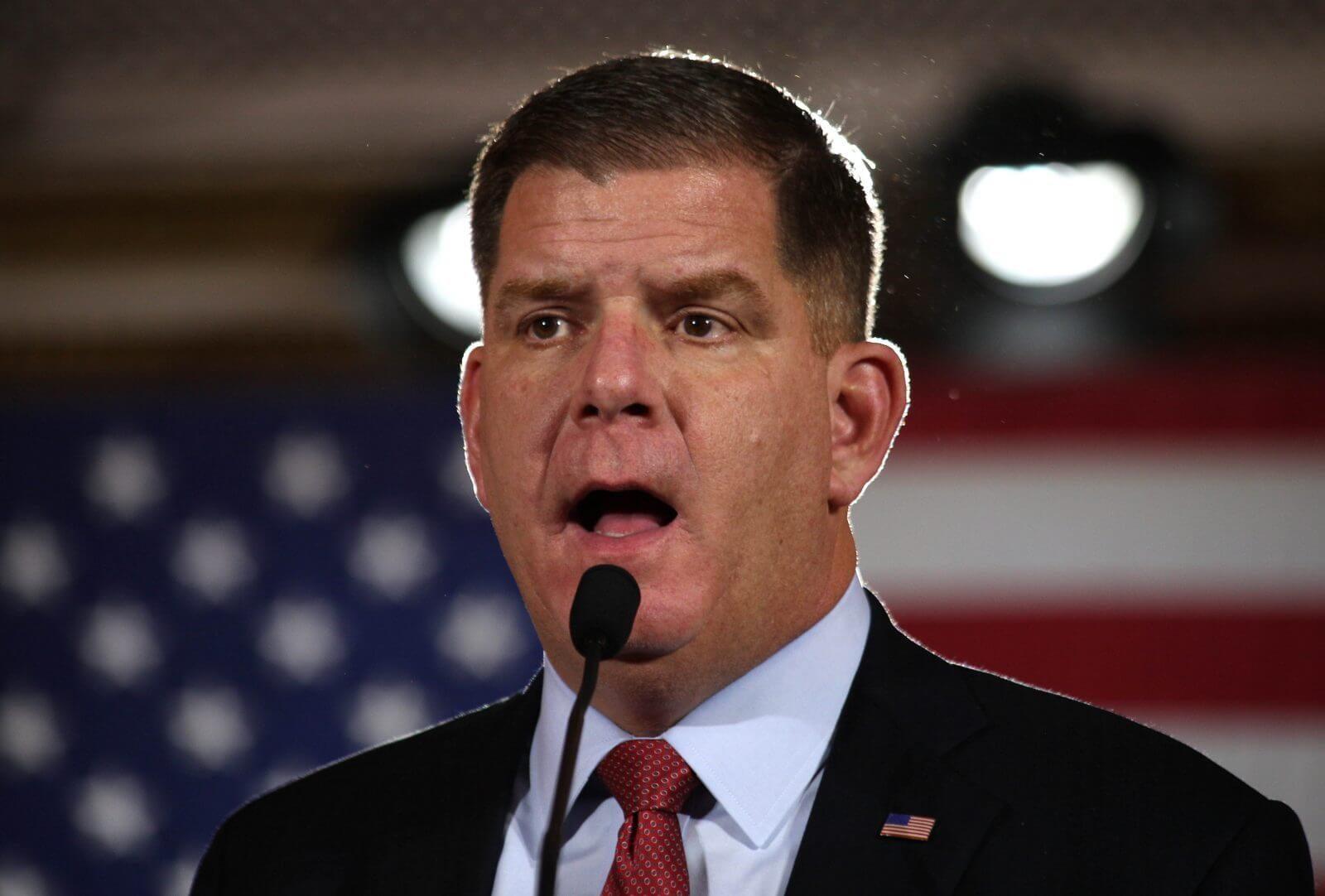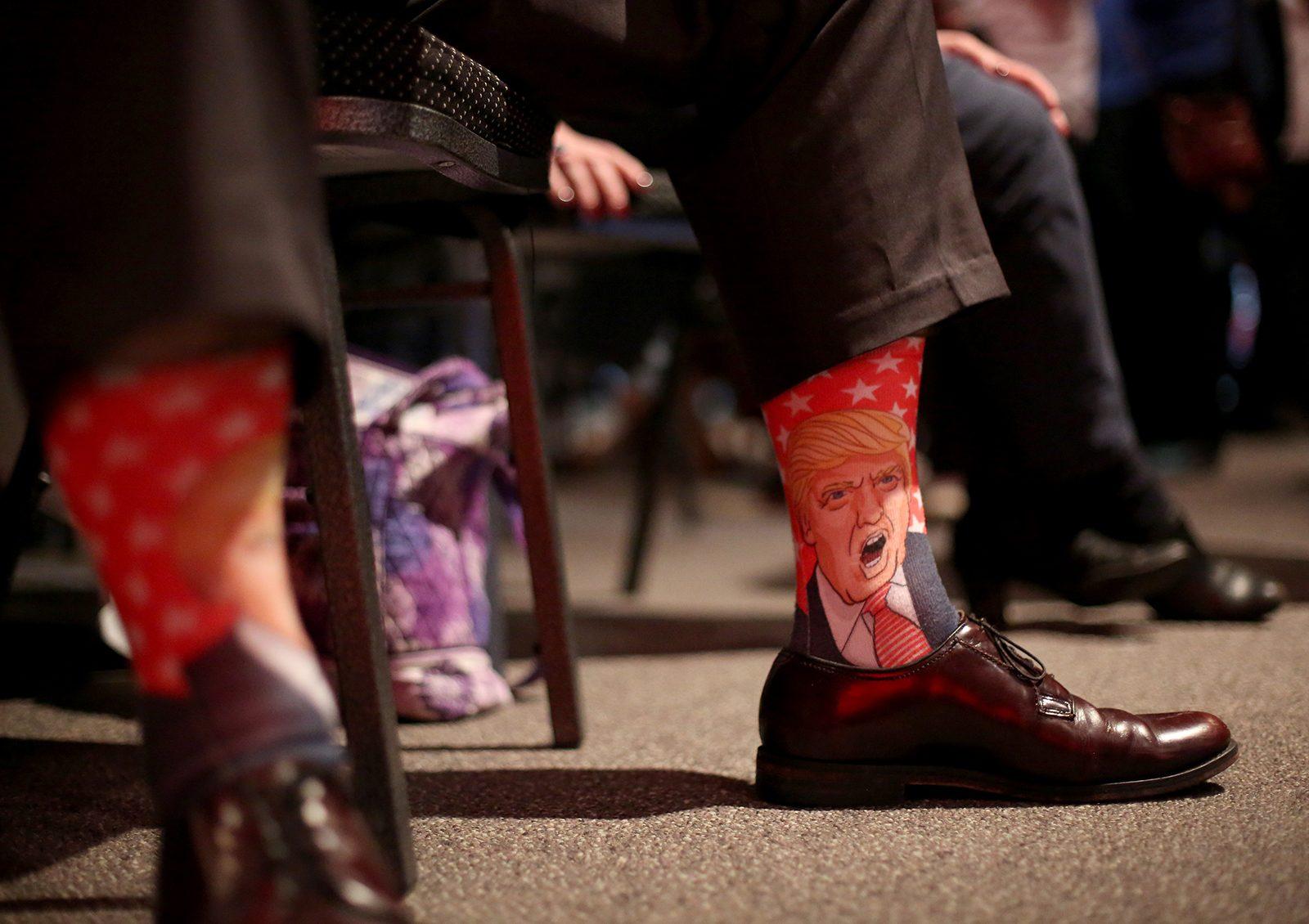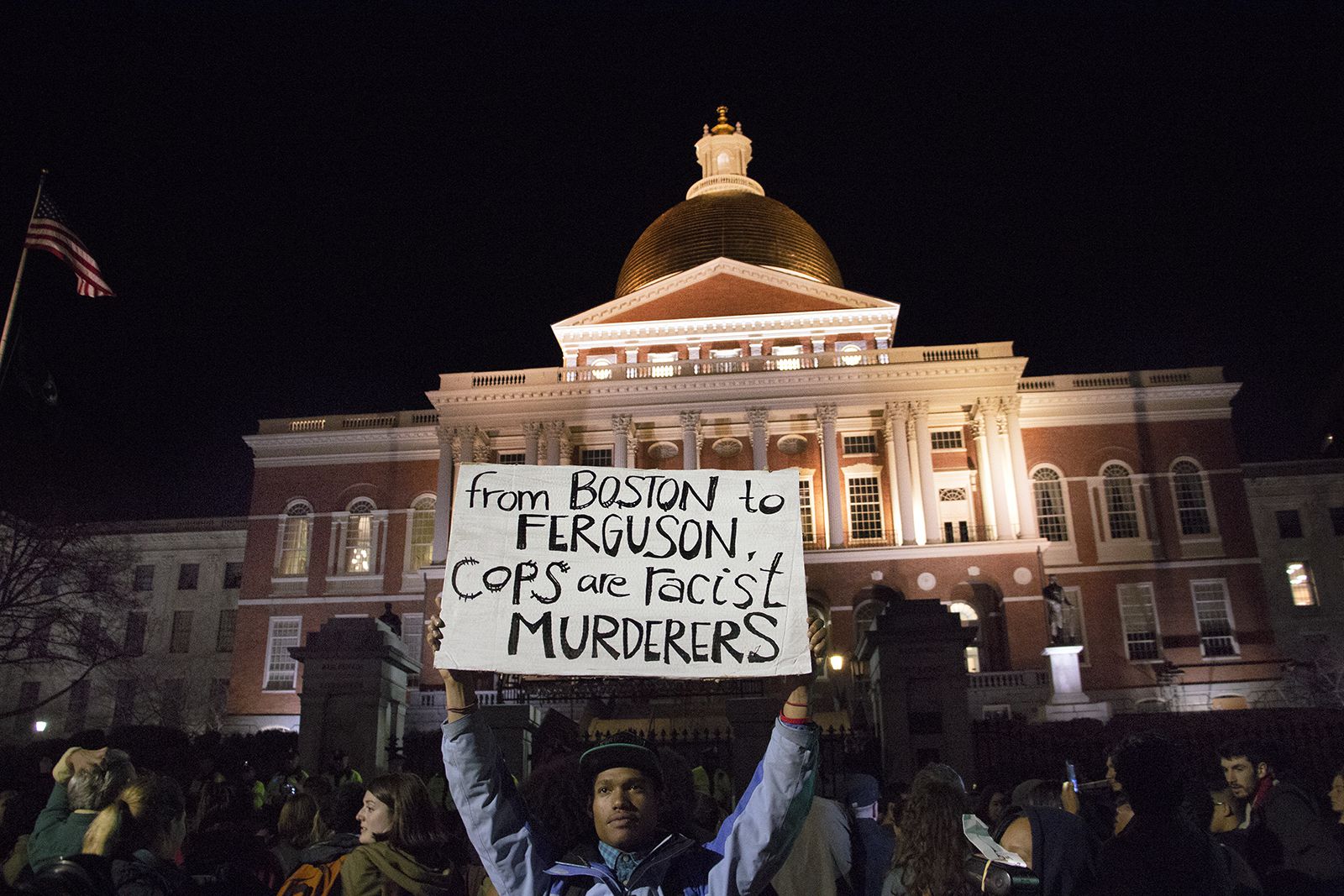While researchers predict half of Americans will be obese by 2030, a number of students at Boston University said obesity rates on campus do not reflect that trend.
“In college, there’s a big push to look good,” said Jeff Gordon, a senior in Metropolitan College. “I go out of my way to be physically active.”
Since college students eat primarily in all-you-can-eat dining halls, there is a push to over-eat, said College of Fine Arts junior Eliza Calkins.
“This could cause obesity because it’s all you can eat, but it doesn’t seem to be a problem at BU,” she said.
The study, “F as in Fat: How Obesity Threatens America’s Future,” released Tuesday, predicts that as obesity in America grows more prevalent, it will put an economic strain on the already burdened health care system.
Rising obesity will cost the U.S. about $66 billion in treatment for illnesses, including diabetes, heart disease, cancer, stroke, hypertension and arthritis, resulting from obesity. Rising rates of obesity is estimated to cost the nation more than $500 billion in “lost economic productivity,” according to the study.
“I do think [obesity] is a problem,” Gordon said. “It’s an economic problem and already straining the healthcare system, especially since we’re transitioning into universal healthcare.”
Cameron Anstey, a sophomore in the College of Arts and Sciences, said the nation is going to end up paying for the health repercussions of rising obesity rates.
“I don’t want to pay for it,” he said. “I would like to think people would like to be responsible for themselves and our nation.”
Gordon said he would be in support of a junk food tax.
“If they tax cigarettes and alcohol, they should be able to tax Doritos,” he said.
Calkins said many obese people she sees are often eating food that is not expensive, such as chips, carbonated beverages, burgers and fries.
“People who are obese buy cheap food — and spend less money that way,” she said. “Telling them they can’t do that would be tough.”
Gordon said it would be very difficult to motivate the American people to lose weight, as the study suggests.
“We live in a very sedentary society,” he said. “It’s too easy to have all you need without getting off the couch. It’s hard to get people to get in shape. People get pissed when you tell them they’re fat or try to make them do something.”
One way to combat obesity in the U.S. would be to encourage more education about healthy diets and exercise in elementary schools, Gordon said.
The best way to entice people into healthier lifestyles is not to punish their old lifestyles, Calkins said.
“I think the best way is to tell them it’s going to be healthier for them,” she said. “Health and staying active is the best way to get around obesity. That’s why BU [students] seem so fit — and it keeps you happy, which is also good for the nation.”
Anstey said he thinks BU’s campus is very healthy compared to other colleges in the nation.
“I think, in general, college can make or break obesity depending on the lifestyle they [students] choose to live here,” he said.




























































































































